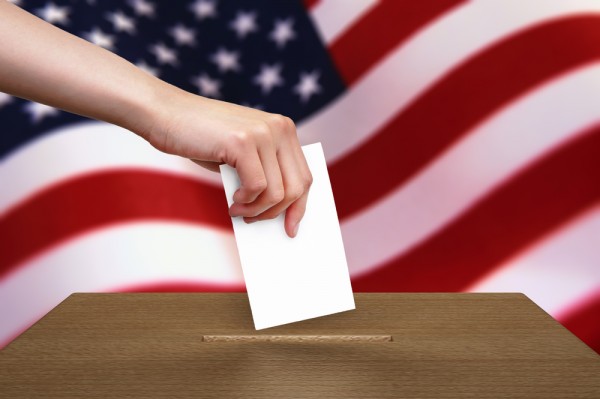70 percent of security professionals say election infrastructure is at risk

A new survey of security professionals shows that 70 percent of respondents believe their governments can't adequately defend election infrastructure against domestic and international cyber attacks.
In addition the study, from machine identity protection company Venafi, finds that 75 percent believe the spread of disinformation is the greatest threat to election integrity.
"Many of the cyber attacks targeting elections come from machines, which can automatically spread information and direct attacks on the systems that count votes," says Kevin Bocek, vice president of security strategy and threat intelligence at Venafi. "Security professionals are rightly concerned about cyber threats impacting the democratic process. Organizations may have difficulty curbing deceptive or inaccurate information from people; however, they can keep their machines from spreading malicious disinformation."
Efforts to expand online voting in this year's US election in response to the coronavirus pandemic have been called 'high risk' by the US Department of Homeland Security, amid speculation that state-sponsored hackers could aim to change votes.
Bocek adds, "The election season is already in process and COVID-19 adds a new layer of security complications. Cyber attackers may take advantage of this period of uncertainty to undermine further public confidence by spreading disinformation. As a result, it’s not surprising security professionals are concerned that governments won’t be able to safeguard election data."
You can read more on the Venafi blog.
Image Credit: Peeradach Rattanakoses/Shutterstock